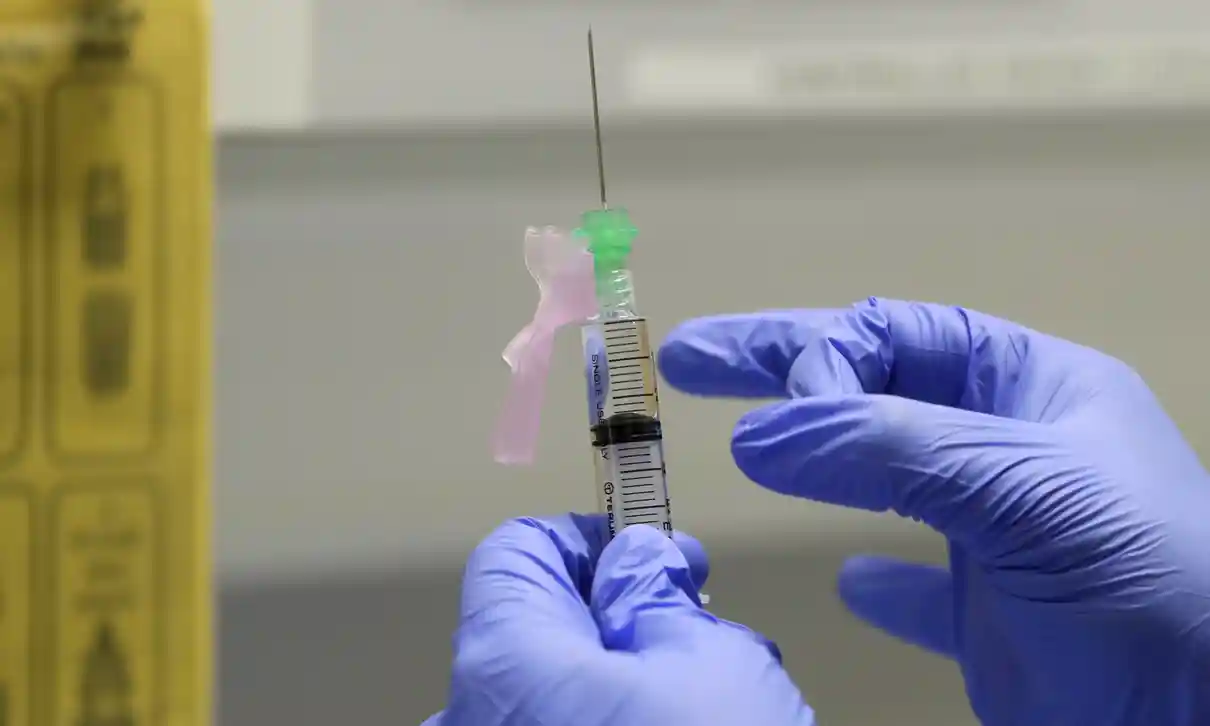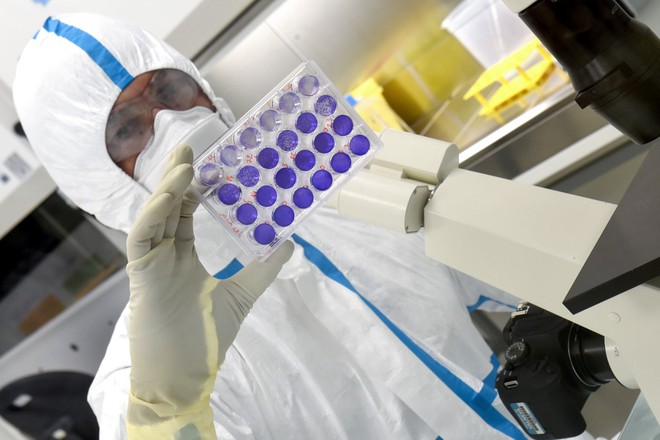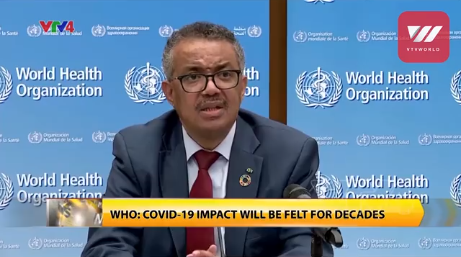US beats China in funding to WHO’s COVID-19 response, despite threats to withdraw
| WHO warned the risk of "vaccine nationalism" | |
| Coronavirus crisis: WHO warns of no perfect vaccine helping stop the Covid-19 | |
| Video: WHO admits Covid-19 leaving impacts for decades |
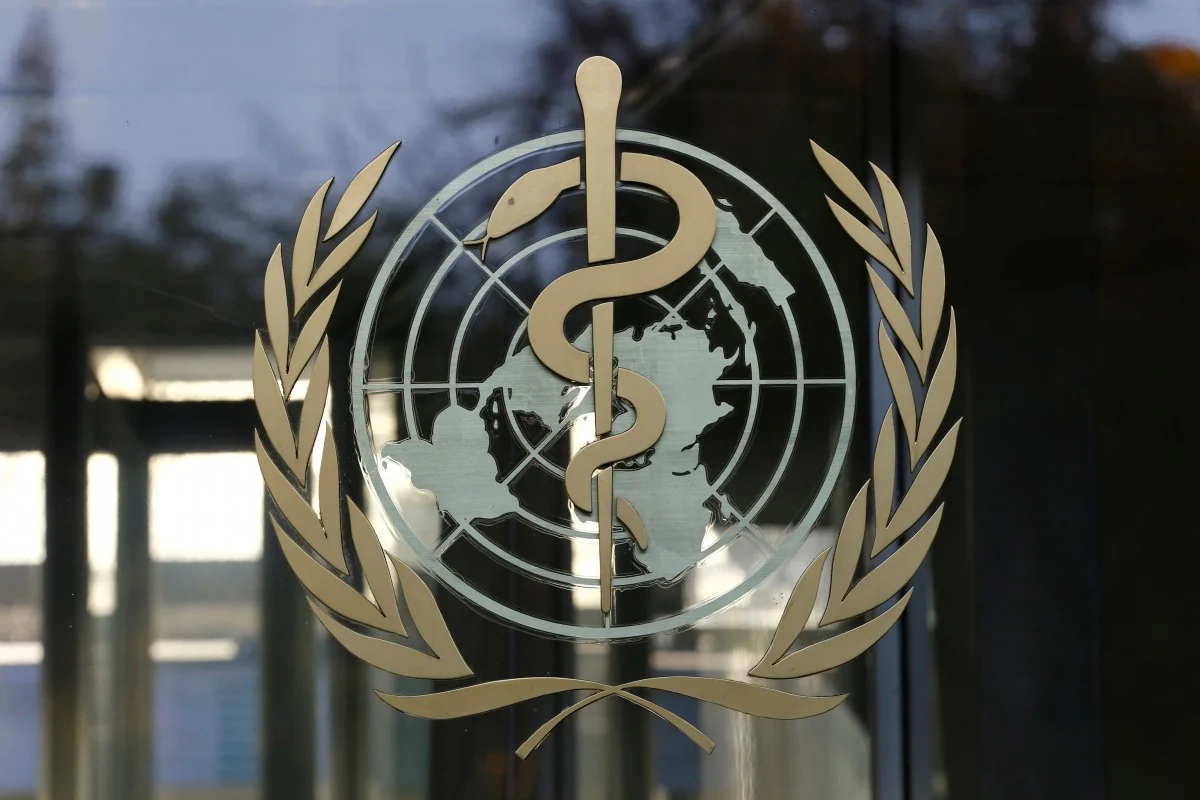 |
| The World Health Organisation has so far received USD 724 million in donations for its coronavirus response. Photo: Reuters |
The US has so far contributed more than China to the World Health Organisation (WHO)’s coronavirus response, despite its threats to withdraw from the international body over alleged missteps in the early stages of the pandemic.
A progress report by the WHO showed that 58 countries and entities had donated USD 724 million as of June 30. China was in tenth place with a contribution of USD 25 million, behind Kuwait, Japan and the US – which gave USD 34 million to put it at number eight, according to South China Morning Post.
The US is the biggest contributor to the WHO’s regular funding, giving USD 893 million in 2018 and 2019 – around 15 percent of the agency’s total budget. Its withdrawal would have a significant impact and it is unclear that China would step in to fill the gap.
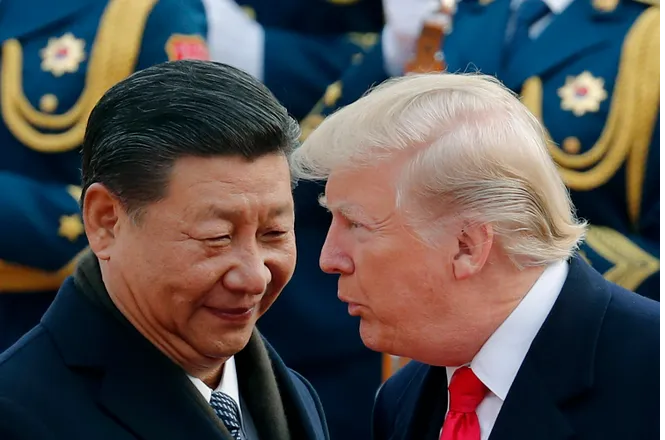 |
| Chinese President Xi Jinping and US President Donald Trump in Beiing in May 2019. Photo: AP |
Beijing pledged USD 50 million to the WHO’s pandemic response in April, but only half of that has so far been received. In May, Chinese President Xi Jinping offered USD 2 billion over two years to help countries fight the virus, although he did not specify how the money would be allocated.
When asked about China’s pledges, foreign ministry spokesman Wang Wenbin said China would keep its promises.
Dr Huang Yanzhong, a global health governance expert from Seton Hall University in the US, said China’s USD 2 billion offer should be taken “with a grain of salt”.
Although Beijing had increased its participation in international agencies such as the WHO, it traditionally preferred bilateral mechanisms to deliver health-related development help, he said, and its pledges should be carefully assessed.
Huang, who wrote a paper on China’s response to the 2014 Ebola outbreak, said some of its USD 123 million contribution to that effort was made up of “in-kind” support. This had included ambulances and medical equipment as well as food, aid, two biosecurity labs and treatment centres.
However, this paled compared to other countries’ contributions to the Ebola fight. The US built 12 labs, while Canada constructed 16. In terms of global humanitarian funding, China contributed USD 47 million in 2014, around 1.3 percent of the world’s total. In contrast, the US contribution was close to USD 1.8 billion – almost half.
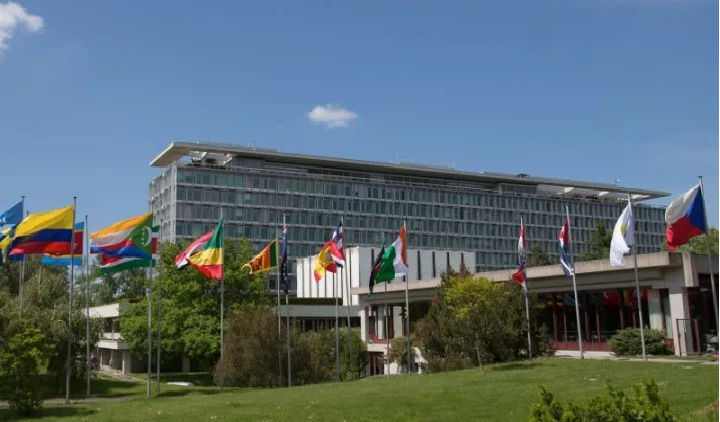 |
| World Health Organization headquarters in Geneva, Switzerland. Photo: Eric Bridiers / US Mission Geneva / CC BY-ND |
“Like in the case of Ebola, there was in-kind support including ambulances and pickup trucks. China might pledge, say, USD 100 million, but it could include everything,” Huang said. “Even with the US withdrawal from the WHO, it might be still unrealistic to expect China to occupy the void left by the US.”
The WHO has said it is reviewing the impact any withdrawal of US funding may have on its work, and will liaise with partners to fill any financial gaps.
“I’m not that optimistic about the prospect that WHO is going to mobilise sufficient funding for the global response to the pandemic,” Huang said.
“That is not good news for the goal of creating a Covid-free world because as long as there is one country that is still fighting the virus, we cannot claim the world is COVID free.”
US officially notifies WHO its withdrawal
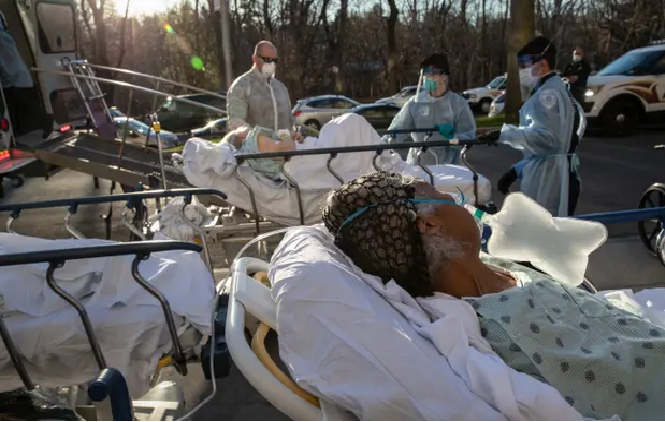 |
| COVID-19 patients arrive at the Montefiore medical center in the Bronx, New York City. Some experts have warned that the US's withdrawal from the WHO in the current environment could also interfere with clinical trials essential for developing vaccines, as well as efforts to trace the spread of the virus globally. Photograph: Getty Images |
Last month, the US formally notified the WHO of its withdrawal, despite widespread criticism and an almost complete lack of international support for the move in the midst of a pandemic, The Guardian said.
US President Donald Trump announced his intention to withdraw in May, accusing the WHO, without evidence, of withholding information, and of being too close to China.
A State Department official also confirmed that "the United States' notice of withdrawal, effective July 6, 2021, has been submitted to the UN Secretary-General, who is the depository for the WHO," according CNN.
The spokesperson for UN Secretary-General António Guterres said he had received the notice and "is in the process of verifying with the World Health Organization whether all the conditions for such withdrawal are met." Those conditions "include giving a one-year notice and fully meeting the payment of assessed financial obligations."
Among its current functions, the WHO is attempting to coordinate efforts to get personal safety and medical equipment, like ventilators, to hospitals around the world. Elizabeth Cousens, the president and CEO of the UN Foundation, said the organization is "indispensable" in the fight against COVID-19.
Loyce Pace, president and executive director of Global Health Council, echoed that point, telling CNN: "Thousands of people have spoken, from health experts to heads of state and heroes on the frontlines: the world needs WHO. This move signals a dangerous gamble in the midst of a pandemic we have yet to conquer, and without a viable alternative to WHO."
Some have warned that withdrawal in the current environment could also interfere with clinical trials essential for developing vaccines, as well as efforts to trace the spread of the virus globally./.
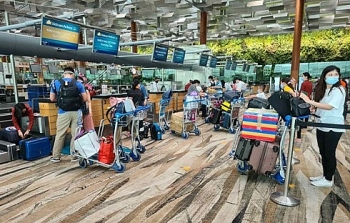 | Two flights bring home over 530 citizens from Singapore, Taiwan (China) National flag carrier Vietnam Airlines and budget carrier VietJetAir on August 7 brought home more than 530 Vietnamese citizens. Of the total figure, more than 300 citizens ... |
 | Vingroup donates 3,200 ventilators to Health Ministry to combat against the COVID-19 Vingroup, the Vietnamese leading real estate and retail conglomerate, sends donations of 3,200 ventilators to the Ministry of Health to support battles against COVID-19 outbreak ... |
 | Australia supports Vietnam use AI for economic recovery after the Covid-19 pandemic The Australian government announced its financial support of AU$650,000 for a new initiative on 04 August that enables Artificial Intelligence (AI) applications to support economic ... |
Recommended
 World
World
Pakistan NCRC report explores emerging child rights issues
 World
World
"India has right to defend herself against terror," says German Foreign Minister, endorses Op Sindoor
 World
World
‘We stand with India’: Japan, UAE back New Delhi over its global outreach against terror
 World
World
'Action Was Entirely Justifiable': Former US NSA John Bolton Backs India's Right After Pahalgam Attack
 World
World
Nifty, Sensex jumped more than 2% in opening as India-Pakistan tensions ease
 World
World
India strikes back at terrorists with Operation Sindoor
 World
World
India sending Holy Relics of Lord Buddha to Vietnam a special gesture, has generated tremendous spiritual faith: Kiren Rijiju
 World
World

